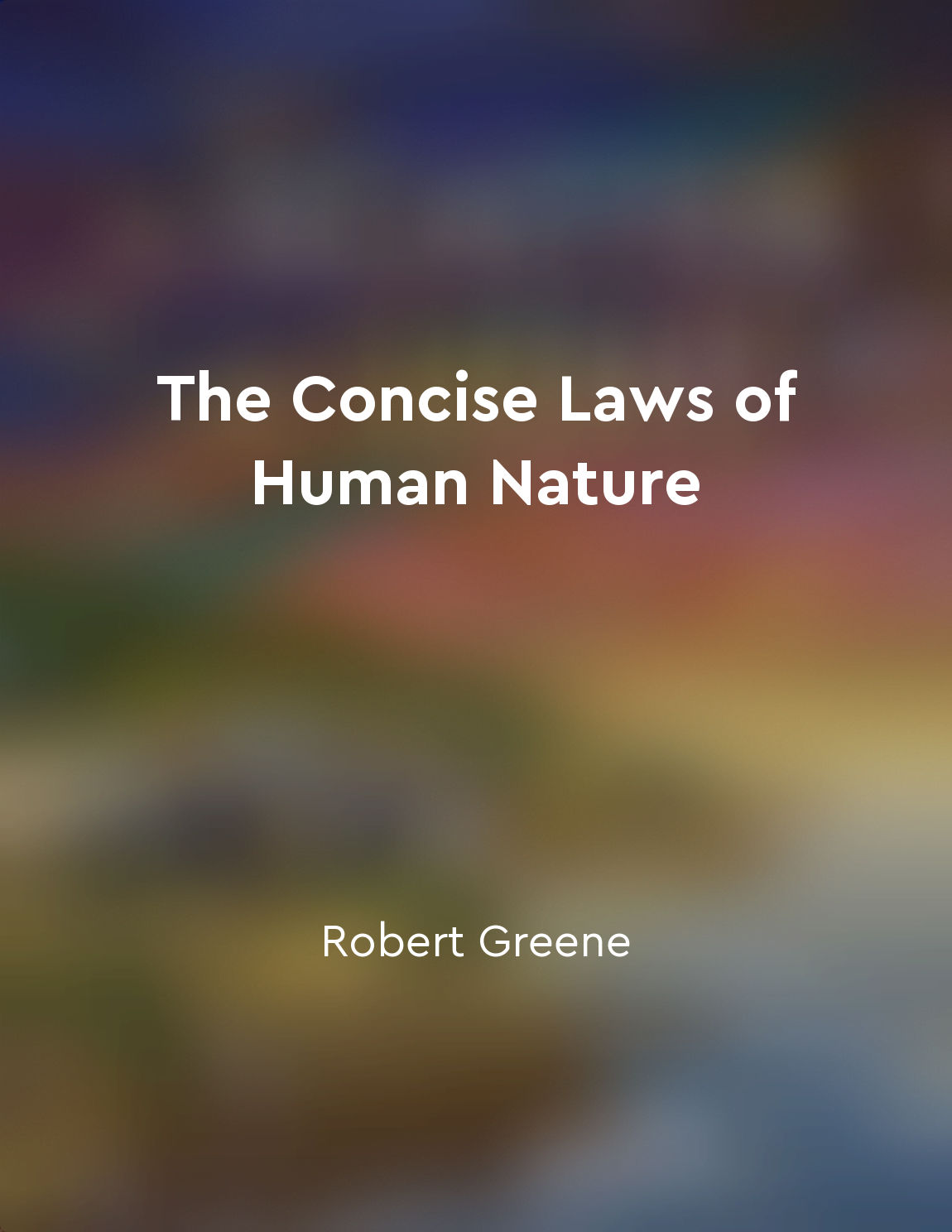Audio available in app
Humans have evolved to navigate social complexities through cognitive mechanisms from "summary" of The Handbook of Evolutionary Psychology, Volume 1 by David M. Buss
The human brain has undergone a long process of evolution, adapting to the social complexities that have arisen over time. Through cognitive mechanisms, humans have developed the ability to navigate the intricate web of social interactions that define our lives. These cognitive mechanisms allow us to perceive, interpret, and respond to the myriad social cues that we encounter on a daily basis. One crucial aspect of these cognitive mechanisms is the ability to recognize and understand the emotions of others. This skill is essential for forming and maintaining social bonds, as it allows us to empathize with others, anticipate their needs, and respond appropriately to their emotions. By being attuned to the emotional states of those around us, we are better equipped to navigate the complexities of social relationship...Similar Posts
Being mindful of nonverbal cues leads to better understanding
When we engage in a conversation with someone, we often focus solely on the words being spoken. However, communication is not l...
Analyze motivations behind actions
When trying to understand someone's actions, it's crucial to delve into their underlying motivations. Every action is driven by...
Cultivating emotional intelligence leads to more meaningful and fulfilling relationships
Developing emotional intelligence is essential for building deep, fulfilling connections with others. By honing our ability to ...
Guilt can help guide us towards making amends and taking responsibility
Guilt is often seen as a negative emotion, something to be avoided or suppressed at all costs. However, guilt can actually be a...
Emotional intelligence is linked to academic and professional success
The ability to understand and manage emotions, known as emotional intelligence, has a significant impact on both academic and p...
Selfawareness leads to better self-management
Developing self-awareness is the first step towards enhancing emotional intelligence. By understanding our own emotions, trigge...
People can be tricked easily
Human beings have a peculiar vulnerability - they can be easily deceived. This weakness is not necessarily due to a lack of int...

Emotions often cloud our judgment and lead to poor decisionmaking
Emotions are a powerful force within us, often dictating our thoughts and actions without us even realizing it. When we allow o...
Encouraging a sense of belonging can improve emotional intelligence
Creating a sense of belonging in students is a crucial aspect of fostering emotional intelligence. When students feel like they...
Trust is built over time
Trust is a delicate thing that takes time to nurture and grow. It is like a seed that needs to be planted, watered, and cared f...
